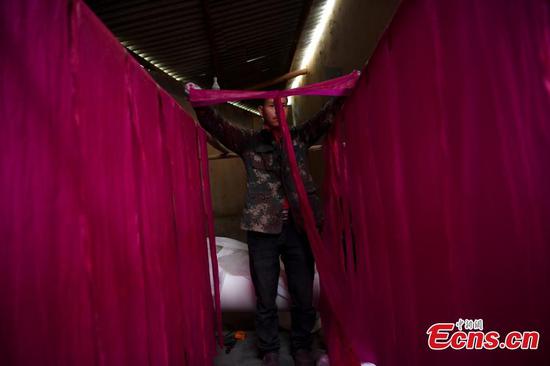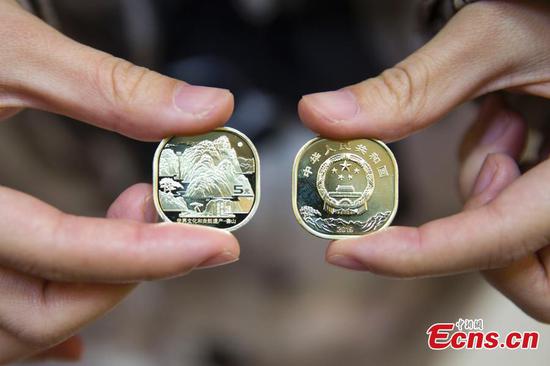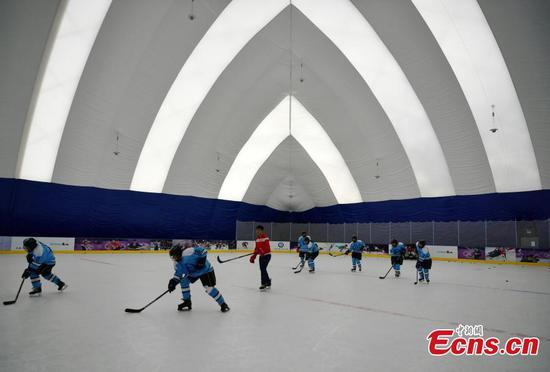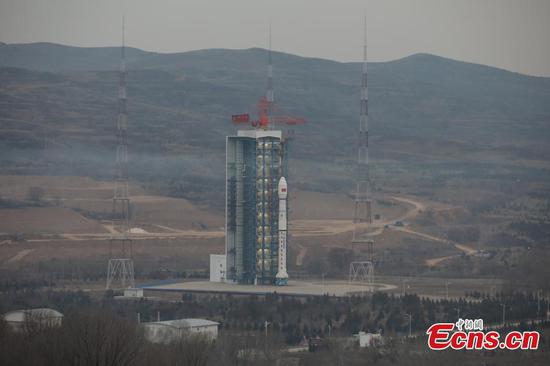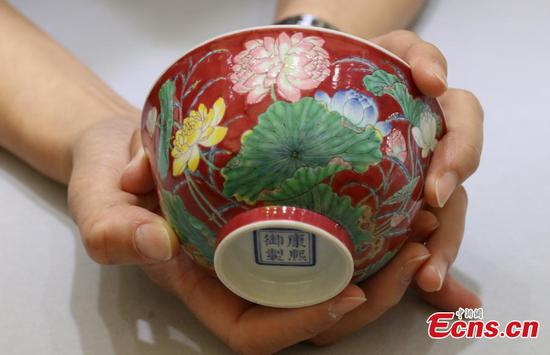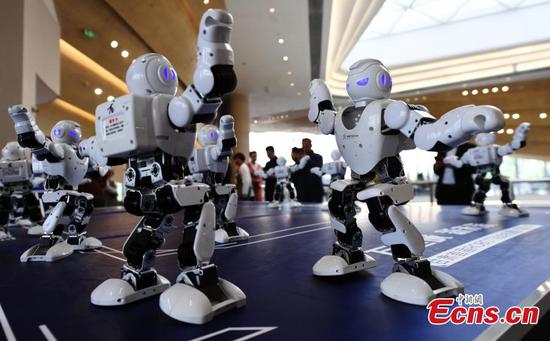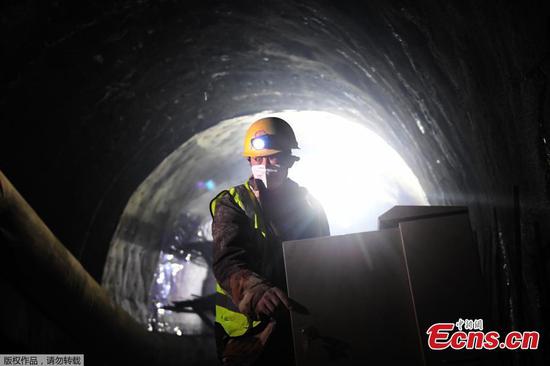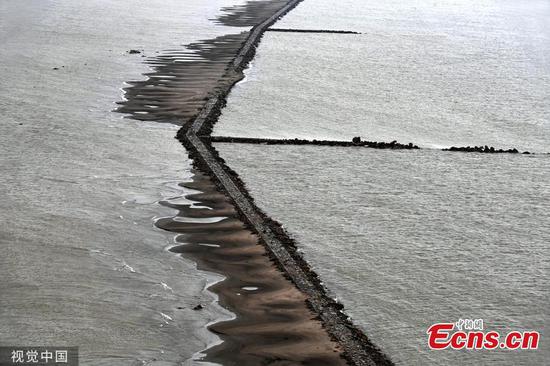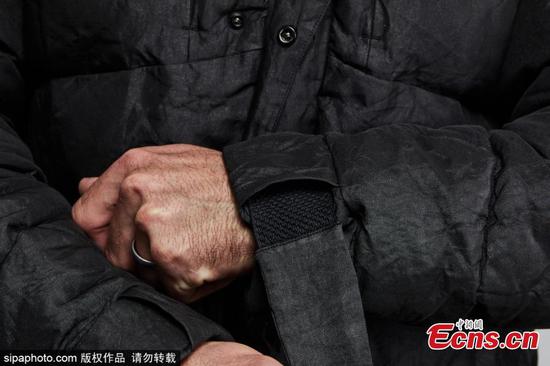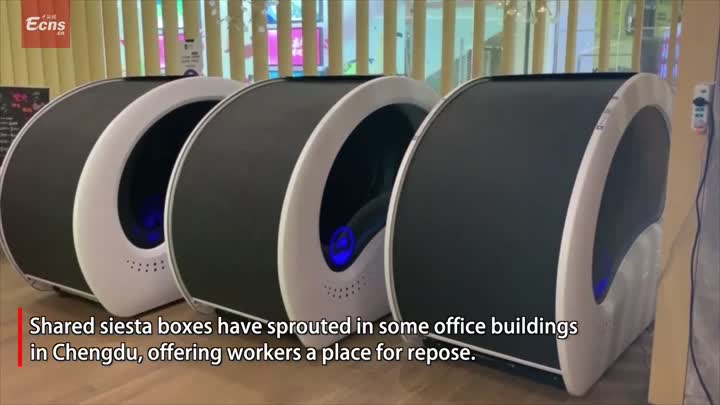Researchers from China and the United States have developed a smart table tennis table, powered purely by the bounce of the ball, to provide real-time data to assist training.
In recent years, data analysis including exercise performance, health data and training statistics has been used in sports to assist athletes and referees.
Real-time data collection relies on sensors that are usually powered by conventional energy storage devices such as batteries. Due to batteries' limited lifetime, high replacement costs and environmental issues, scientists have been trying to develop sustainable and maintenance-free sensor technology.
In 2012, a triboelectric nanogenerator (TENG) was developed as a new power-generation technology to convert various mechanical energy from the living environment into electricity, based on the coupling between the triboelectric effect and electrostatic induction.
Currently, synthetic polymers are major materials used in TENGs. However, the extensive use of this non-degradable material could lead to environmental pollution.
In the new study, researchers from the Beijing Institute of Nanoenergy and Nanosystems, the Chinese Academy of Sciences, George Institute of Technology and Purdue University used wood-based TENGs (W-TENGs) for self-powered sensing in athletic data analysis.
They developed a simple approach to process natural wood to increase its mechanical and triboelectric properties, and made flexible, durable and high-performance W-TENGs.
According to the research published in the journal Nature Communications, the researchers made a smart table tennis table with W-TENGs. The energy from the impact of the ball is harvested to power an analysis system.
The system can collect data and display real-time statistics for impact position, velocity and motion-path tracing to assist athletes in training. The impact of the ball is also used to power edge sensors to help referees.
The researchers said their work could open up new forms of athletic analytics.









